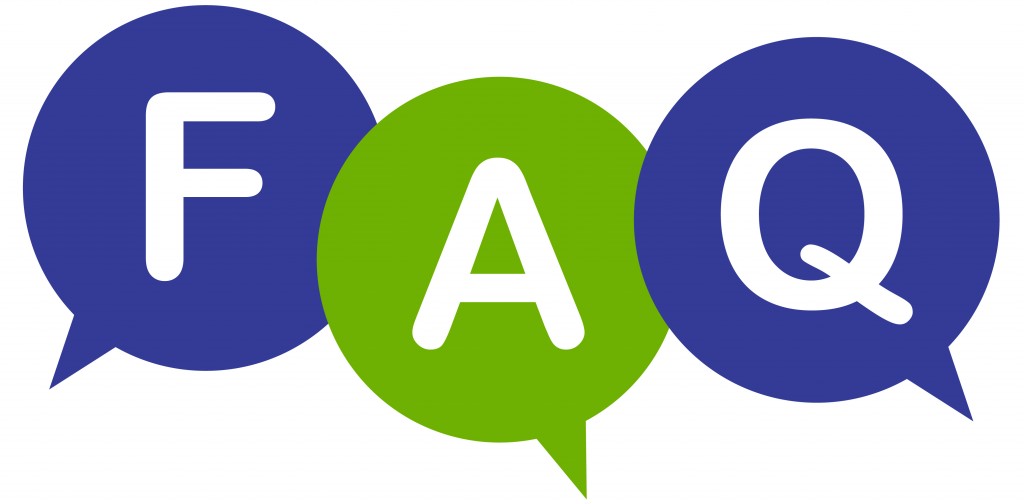Navigating Different Accents in English Pronunciation
Learning a foreign language can be an enriching and fulfilling journey filled with surprising discoveries, unexpected challenges, and steady advancement. One aspect that often proves challenging for learners is pronunciation.

Why Is Pronunciation A Major Challenge for English Language Learners?
Pronunciation can be a difficult challenge for learners as they must produce sounds that do not exist in their native tongue. Imagine trying to dance the tango after only learning the waltz; while your steps would move in time with music, the rhythm and steps would differ substantially from each other. Pronunciation differs significantly across languages too, making mastering proper English pronunciation even more challenging!
How Can Understanding a Student's First Language Help in Teaching English?
Understanding a student's first language can be a valuable asset in an English teacher's arsenal, helping predict any pronunciation difficulties they might experience while learning English and assisting teachers with lesson preparation by creating activities designed to specifically target these issues.
Common Pronunciation Issues in Different Language Speakers
Let's examine how these challenges manifest for learners of various linguistic backgrounds.
Chinese Learners of English
Chinese learners frequently struggle with intonation differences between Chinese and English. Chinese is a tonal language; English doesn't contain tones, and so learning the latter can feel like singing an unfamiliar melody without success. They may also struggle with consonant clusters, sometimes adding extra syllables or dropping sounds altogether, as well as pronunciation issues for sounds not found in Chinese, such as /r/ and /v/.
Thai Learners of English
Thai learners of English face similar challenges as Chinese learners: the tonal nature of Thai can make mastering intonation and stress patterns of English difficult, as well as difficult consonant sounds such as /z/ and /v/ that are absent in Thai.
Korean Learners of English
Korean is a phonetic language with only one way of pronouncing sounds, unlike English, which allows multiple pronunciation options for individual sounds. Thus, Korean learners often struggle to differentiate between certain short and long vowel sounds, much like trying to distinguish two different shades of blue when you have always considered both as just "blue". Words such as "ship", "sheep", or "egg", which sound alike in English, can cause consternation among Korean English language learners.
English Learners of Arabic
Arabic learners of English often find pronunciation of certain consonant sounds such as /p/, /v/, and /g/ difficult as these do not exist in Arabic. Furthermore, grasping English stress patterns may prove challenging due to different stress rules in Arabic.
Spanish Learners of English
Spanish learners frequently struggle with differentiating between short and long sounds as Spanish doesn't make this distinction, similar to trying to distinguish two beats from one. They also find it hard to differentiate similar vowel sounds such as those in "cat", "cut", or "boat", leading them down the wrong path with certain words like "cat" and "cut", as well as words beginning with an "s" followed by consonants; Spanish does not do this either! Adding further confusion, speakers may add "e"s before such words which begin this way as Spanish doesn't use such structures at the start.
Practise English Pronunciation: A Key Component of Language Learning
Understanding the common pronunciation problems experienced by learners from diverse language backgrounds is not simply an academic exercise—it's an invaluable way to improve English teaching and learning effectiveness.
Teachers can prepare students for what to expect by knowing exactly what issues may arise in their lessons, making learning more efficient and enjoyable for students. Furthermore, understanding our students better allows us to empathize with their struggles while celebrating their achievements.
English pronunciation can be an intimidating world, but with proper knowledge and tools, we can guide our students through it with ease, turning challenges into opportunities for growth and discovery. By incorporating activities that practise English pronunciation into our lessons, we ensure that our students not only learn the language but also gain the confidence to speak it fluently and accurately.
-
Navigating Different Accents in English Pronunciation
Learn how to overcome pronunciation challenges in English by understanding common issues faced by le... -
Winning Online Teaching Positions with Props
Learn how props aid online English teaching. This article details prop selection, application, and b... -
Teacher Record FAQ
Do you have questions about Teacher Record platform? check this article to find the most frequently...








